Accountability
Russia threatens to deploy tactical nuclear weapons in response to NATO initiative
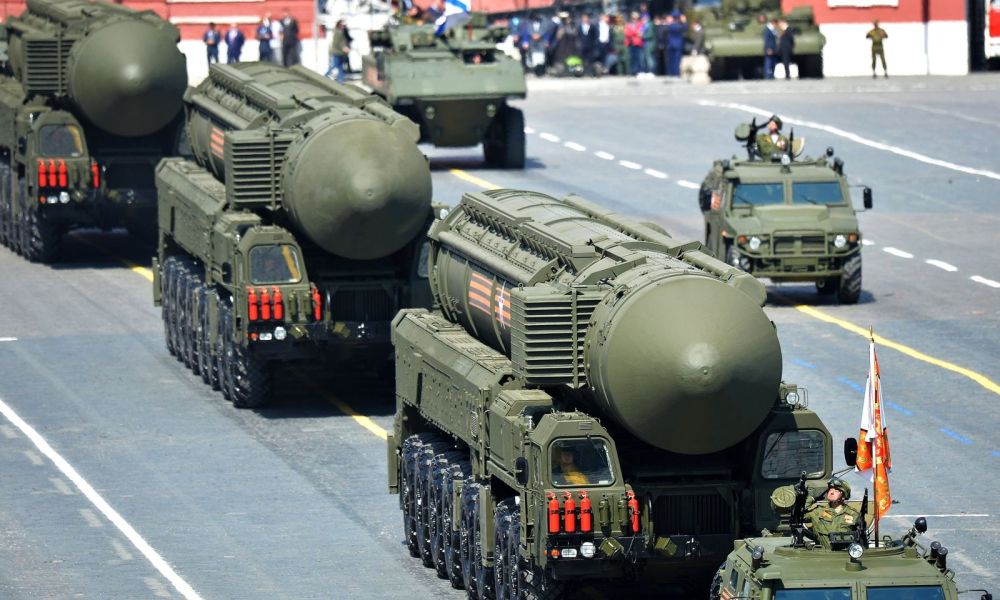
Russia said that it may have its hand forced to deploy intermediate-range nuclear missiles in Europe in response to what it sees as NATO’s plans to do the same.
The warning from Deputy Foreign Minister Sergei Ryabkov raised the risk of a new arms build-up on the continent, with East-West tensions at their worst since the Cold War ended three decades ago.
Ryabkov said Russia would be forced to act if the West declined to join it in a moratorium on intermediate-range nuclear forces (INF) in Europe, which is part of a package of security guarantees it is seeking as the price for defusing the crisis over Ukraine.
Lack of progress toward a political and diplomatic solution would lead Russia to respond in a military way, with military technology, Ryabkov told Russia‘s RIA news agency.
“That is, it will be a confrontation, this will be the next round,” he said, referring to the potential deployment of the missiles by Russia.
Intermediate-range nuclear weapons – those with a range of 500 to 5,500 km (310 to 3,400 miles) – were banned in Europe under a 1987 treaty between then-Soviet leader Mikhail Gorbachev and U.S. President Ronald Reagan in what was hailed at the time as a major easing of Cold War tensions.
Lack of progress toward a political and diplomatic solution would lead Russia to respond in a military way, with military technology, Ryabkov told Russia‘s RIA news agency.
“That is, it will be a confrontation, this will be the next round,” he said, referring to the potential deployment of the missiles by Russia.
Intermediate-range nuclear weapons – those with a range of 500 to 5,500 km (310 to 3,400 miles) – were banned in Europe under a 1987 treaty between then-Soviet leader Mikhail Gorbachev and U.S. President Ronald Reagan in what was hailed at the time as a major easing of Cold War tensions.
In a phone call Monday, Britain’s Boris Johnson repeated to the Russian leader warnings that any repeat of 2014 would have “significant consequences” and any “destabilizing action” by Russia would be met with a united response by Western countries.
Following the call between Johnson and Putin, Ryabkov told the state-run RIA Novosti news agency Russia’s “response will be military,” if NATO continues to arm Ukraine. “A lack of progress towards a political-diplomatic solution would mean that our response will be military and military-technical,” Ryabkov said.
According to British officials, Johnson stressed to Putin the importance of having a “dialogue on international and regional security” and that all sides needed to observe the Minsk agreements signed by Russia and Ukraine in 2015 which aimed to bring an end to fighting in Ukraine’s Donbas.
Ukraine’s foreign minister on Tuesday accused Putin of trying to return Europe to the Soviet era. “The fact Putin is searching for a new ideological justification concerning Ukraine suggests he’s on the verge of something big: an attempt to fundamentally rewrite the security order in Europe, to divide the continent into new spheres of influence,” Dmytro Kuleba said at a press conference, after his meeting with Donfried.
Terry A. Hurlbut has been a student of politics, philosophy, and science for more than 35 years. He is a graduate of Yale College and has served as a physician-level laboratory administrator in a 250-bed community hospital. He also is a serious student of the Bible, is conversant in its two primary original languages, and has followed the creation-science movement closely since 1993.
-
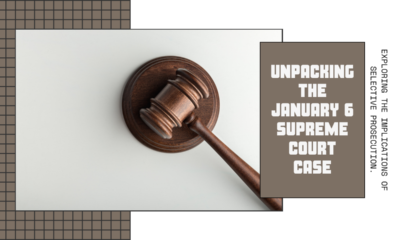
 Executive2 days ago
Executive2 days agoJanuary 6 case comes down to selective prosecution
-

 News2 days ago
News2 days agoRolling the Dice on Republicans: Has the Right Become Delusional?
-

 Executive22 hours ago
Executive22 hours agoWhy Fatal Police Shootings Aren’t Declining: Some Uncomfortable Facts
-
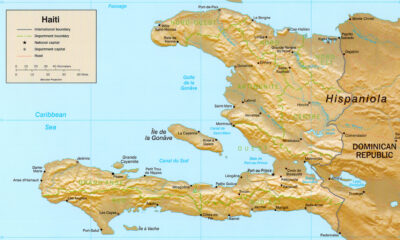
 Civilization21 hours ago
Civilization21 hours agoPresident Biden Must Not Encourage Illegal Mass Migration From Haiti
-
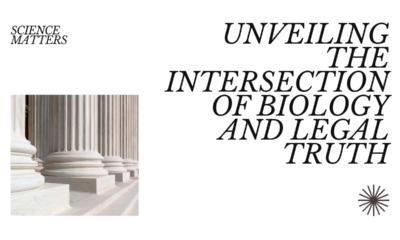
 Civilization2 days ago
Civilization2 days agoBiology, the Supreme Court, and truth
-
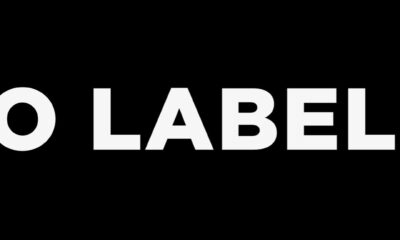
 Guest Columns21 hours ago
Guest Columns21 hours agoWhat Was Won in No Labels’ Crusade
-

 Entertainment Today23 hours ago
Entertainment Today23 hours agoWaste of the Day: Throwback Thursday: Millions Went To Video Game ‘Research’
-

 Constitution21 hours ago
Constitution21 hours agoEquality Under the Law and Conflicts of Interest in New York


